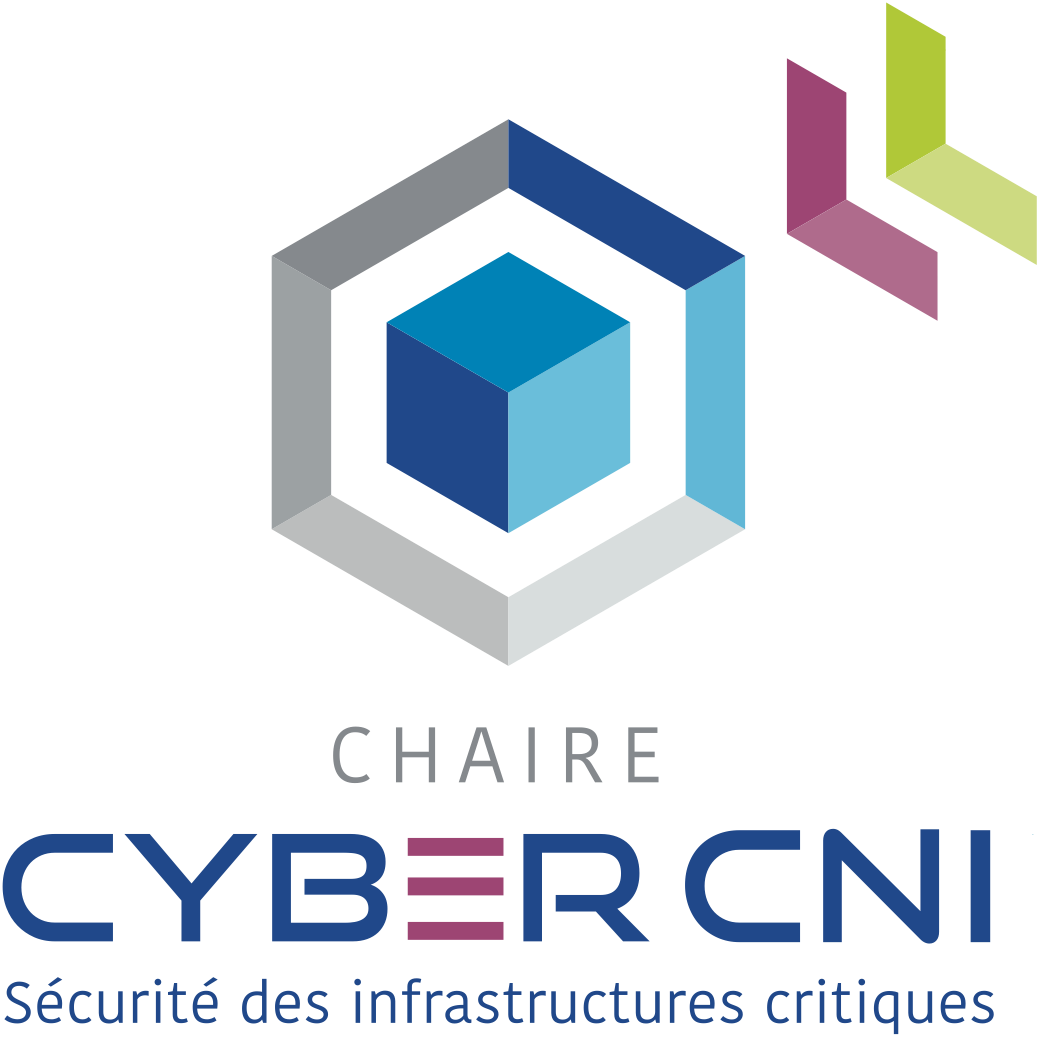Lutte Informatique d’Influence (L2I) / Fake News Detection, Generation, Prevention
In an era where information spreads at the speed of light and trust is constantly under siege, the proliferation of fake news poses a profound threat to our society’s fabric.
The societal impact of our research direction on fake news cannot be overstated. By combating the erosion of trust and amplifying the voice of truth in an increasingly volatile digital landscape, we bolster the resilience of our critical networked infrastructures and uphold the fundamental principles of democracy, informed consent, and social cohesion.
Together, let us rise to the challenge of defending truth in the digital age, ensuring that our interconnected world remains a bastion of integrity, reliability, and trustworthiness for generations to come.

Our research direction on fake news encompasses three pivotal pillars: generation, detection, and prevention.
- Firstly, we delve into the intricacies of fake news generation, understanding the underlying mechanisms and technologies that enable its creation. By comprehensively analyzing the tactics employed by malicious actors, we aim to anticipate and counteract their efforts, thwarting the dissemination of misinformation before it takes root.
- Secondly, our focus extends to the development of robust detection methodologies. Leveraging cutting-edge techniques from machine learning, natural language processing, and network analysis, we strive to identify and categorize fake news with unprecedented accuracy and efficiency. By empowering digital platforms and users with the tools to discern truth from falsehood, we fortify our collective defenses against manipulation and deception.
- Lastly, we are dedicated to proactive prevention strategies aimed at inoculating our information ecosystem against the spread of fake news. Through interdisciplinary collaboration and engagement with stakeholders across academia, industry, and government, we seek to implement robust frameworks and protocols that promote transparency, accountability, and authenticity in online discourse.
News
[display-posts category=”L2I Fake News” image_size=”thumbnail” image_size=”medium” wrapper=”div” wrapper_class=”display-posts-listing grid”]
Publications
2021
MTD, Where Art Thou? A Systematic Review of Moving Target Defense Techniques for IoT Journal Article
In: IEEE Internet of Things Journal, vol. 8, no. 10, pp. 7818–7832, 2021, ISSN: 23274662.
2020
Alert characterization by non-expert users in a cybersecurity virtual environment: A usability study Proceedings Article
In: Lecture Notes in Computer Science, pp. 82–101, 2020, ISSN: 16113349.
2017
CyberCOP3D : Visualisation Collaborative et Immersive pour la cybersécurité To cite this version : HAL Id : hal-01577868 CyberCOP3D : Visualisation Collaborative et Immersive pour la cybersécurité Immersive Collaborative Visualization for Cyber Sécurity Journal Article
In: 2017.
Tools
People
- Renforcement de la collaboration franco-allemande en cybersécurité : La réunion annuelle du German Chapter of the ACM 2025 - April 2, 2025
- Exciting Workshop Program Announced – Join Us in Hawaii! 🌺 - March 21, 2025
- 12th Heidelberg Laureate Forum 2025 - January 31, 2025







